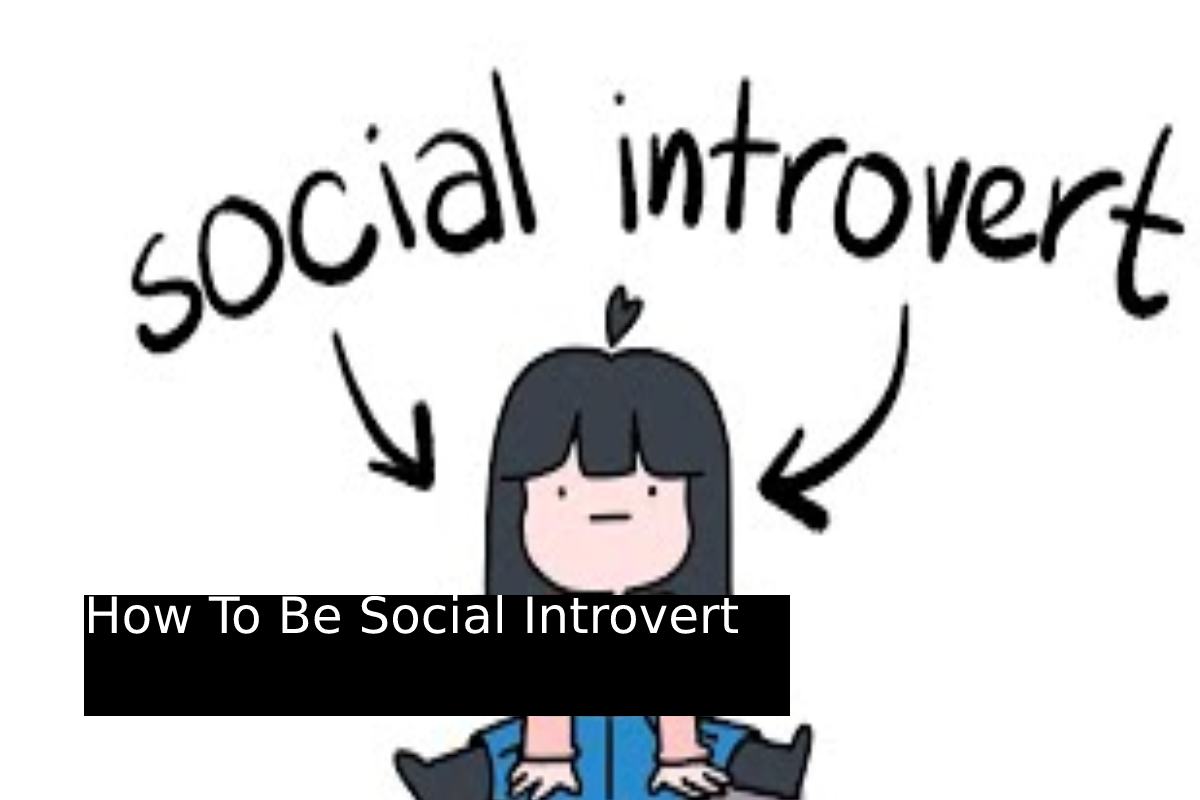A Snapshot of the Social Introvert
The sociable introvert, like other members of the introvert group, frequently needs to exert a lot of effort to function in social settings. They could feel very spent when their interactions are through and express a desire to go away from everyone for a bit.
However, these contacts are essential for their wellbeing. The sociable Introvert will always seek out additional social interactions, regardless of how worn out they may feel after a particular social engagement.
Because they find the outcomes of their interpersonal relationships to be so fulfilling and rewarding, they consider the cost they incur in terms of mental, physical, and emotional energy spent to be worth it. They require others in their lives and would feel starved and empty if they did not have them.
The social Introvert can be compared to someone who starts skydiving, mountain climbing, bungee jumping, hang gliding, or racing cars in various aspects. Before performing these tasks, they might feel anxious, and afterward, they would feel relieved. But the thrill they feel motivates them to keep going back to the sky, ledge, slope, or cockpit.
For the social Introvert, things work like that. They can enjoy mingling with close friends, cherished family members, fascinating neighbours, fellow volunteers, community activists they respect, teachers of various types, or fascinating persons with fantastic stories to share, depending on their personalities and interests.
Despite their introverted personalities, social introverts genuinely value the chance to interact with others—
Find An Exciting Cause to Leave the House
It’s like asking a fish to run a marathon to ask an introvert to go out just to socialise. What would make us do that? However, it can be more enjoyable if you have a strong motivation to interact with others.
Consider the activities you find enjoyable. Try activities like board games, pool, yoga, or crafting that have meets. or any of your favourite sports that have regular weekly matches. Or you could work as a volunteer for a food bank or an environmental organisation.
Do something you enjoy that will help you make new acquaintances and provide you with easy conversation starters. Having a reason also lessens some of the discomfort of interacting.
Allow Others to Get to Know You
Rather than merely talking about themselves, people want to get to know you. Consider a few activities or sights you’ve recently experienced that you can discuss with others. It could be a project you’re working on, a car you’ve repaired, a book you’ve read, or a television show you’ve binge-watched.
By doing this, you give the other person a window into your life and discover if you share any common interests or morals. If you do, you’ll start talking about things you both enjoy.
In order to have a balanced conversation, you should learn as much about your conversation partner as you do about yourself.
Even If You Don’t Feel Like It, Leave The House.
First of all, it won’t ever be as horrible as you anticipate.
Second, practising social skills by yourself at home is impossible.
Remind yourself that you can accomplish things despite your lack of motivation. In truth, we develop the most personally when we challenge ourselves.
Contemplate Your Positive Traits.
What positive qualities do you possess? Things like, “When I relax, I’m quite funny.” “I’m faithful and kind,” Those are all excellent traits in a friend. This can help you perceive yourself more realistically and positively. Remind yourself of this. And that might inspire you to meet more individuals.

